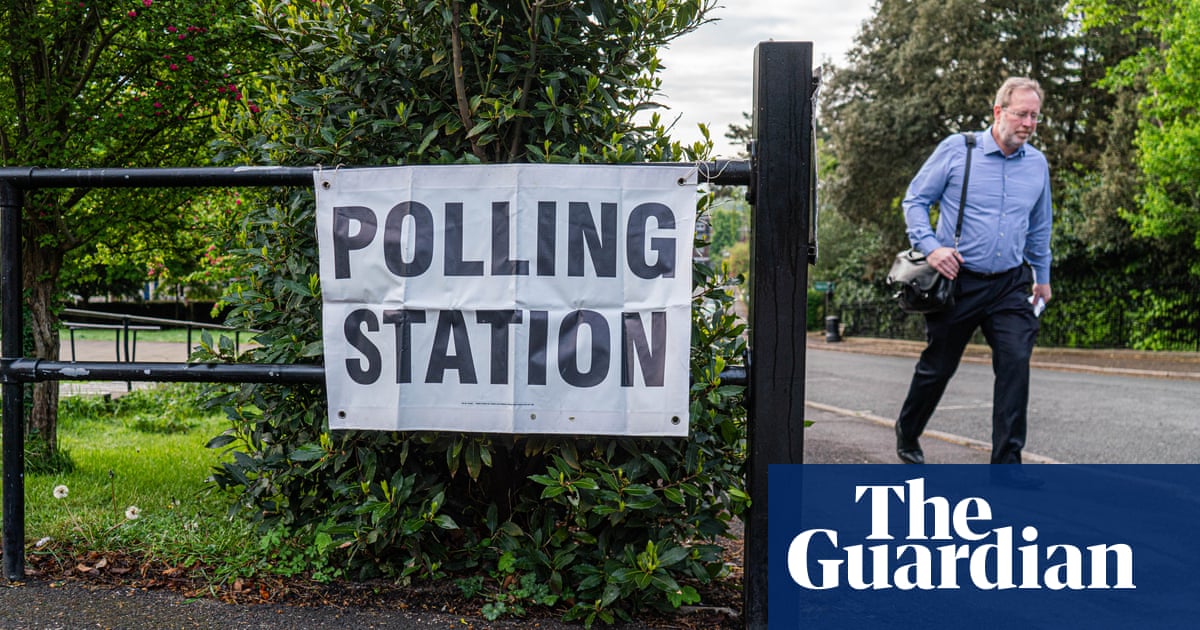A round of applause for Ollie Lawrence. Not for his apology after Bath’s last-gasp defeat by Northampton, which was entirely unnecessary, but for having the wherewithal to put his side into a winning position by demonstrating a streetwise streak all too seldom shown in elite rugby union.
To recap, Lawrence was pilloried by Northampton supporters for going down in instalments after a fairly innocuous clash of heads with Alex Mitchell in the last few minutes of Saints’ thrilling 35-34 win over Bath on Sunday. He took himself down to his knees, clutched his face and in doing so, made sure that the match was stopped, the incident reviewed.
Upon review, the referee Anthony Woodthorpe – who enjoyed an excellent match in the middle – determined that Mitchell was too high in his attempted tackle and the England scrum-half was shown a yellow card. Bath were awarded a penalty, Finn Russell kicked it and it would have given the league leaders victory had Fin Smith not responded in kind from the tee in the dying throes.
Lawrence was evidently fired up throughout the match – it was his late tackle on George Hendy that forced the Northampton full-back off the pitch just before half-time – and after he was caught smiling on camera, having just won the aforementioned penalty, he further provoked the ire of Saints supporters. On Sunday night he took to social media and wrote: “Apologies if my actions today offended anyone. On review, I understand the frustration voiced! I’ll be better.”
No need. Put simply, Lawrence realised that he had been the victim of foul play and ensured it was brought to the officials’ attention. In doing so, he allowed his side to retake the lead. As Northampton’s director of rugby, Phil Dowson, conceded afterwards: “The one who matters had a whistle and Anthony Woodthorpe said it was head-on-head. We’ve seen a few angles of it. We are looking to remove that concussion danger out of the game. It looked pretty innocuous but the referee gave that decision and therefore it stands.”
Ultimately it must be considered smart, clear-eyed thinking by Lawrence, in the closing stages of a match, with the pressure at its highest. An act that should be lauded. Given England’s propensity for confusion in the final quarters of matches of late, you would like to think Steve Borthwick will have been impressed by the centre’s actions.
The naysayers will point to rugby values – a nebulous notion that can at times hold the sport back. Rugby, as we are so often told, is at its heart a simple game of collisions. Win the gain line and more often than not you’ll win the match. However, it is also a game with a weighty, complex and ever-changing law book. At the elite end it is often a game based on the manipulation and exploitation of those laws. This weekend the Champions and Challenge Cups adopt four new law trials and you can put the mortgage on armies of analysts poring over the fine print to find loopholes and ways in which they can be exploited.
Moreover, rugby is a game in which cheating is celebrated. It is often repackaged as “the dark arts” and it has become a tired trope that Richie McCaw made a career out of it but it is hypocritical to laud a front row for illegally gaining the upper hand at scrum one minute, then chastise Lawrence for his actions the next.

It is also unrealistic, in an age in which contact with the head is so rigorously policed, in which it is the players who bear the brunt in the form of yellow and red cards for such marginal transgressions, to expect that they will not manipulate or exploit those laws. They are both human beings and elite professional sportspeople and the only surprise is that it does not happen more often. For lawmakers to think it will not happen on the flawed basis that rugby players are better than that is naive in the extreme. Indeed, the idea that penalties should not be milked on the basis of amateur ideals is anachronistic.
after newsletter promotion
There will be those who froth at the very thought. Who will say that anyone employing the same approach as Lawrence when turning out for their grassroots club on a Saturday afternoon will no longer be welcome. Fine. Much in the same way that any amateur footballer going down too easily in the penalty area on a Sunday morning can expect some rough justice the next time they receive the ball, a Lawrence copycat may be advised to avoid finding themselves at the bottom of a ruck for a while. But rugby at amateur level is a different sport entirely to the professional game, played under different laws. The two are not comparable.
The counterargument also warns of a sport played by gentlemen blah blah blah going the way of football. It is holier-than-thou rubbish that afflicts rugby. Football is a multibillion pound industry whereas three Premiership clubs have gone to the wall in recent years. Football stopped clinging to its Corinthian spirit long ago and is in a far stronger place for it. At the elite end, rugby would do well to ditch the self-righteousness, to leave amateur ideals in the past and embrace professionalism, warts and all.
What of the smirk that came across Lawrence’s face that seems to have riled so many? Again, we are often told that rugby needs more characters, that players need to show more personality to help grow the sport. Well, Lawrence, regardless of his apology, can expect a fierce welcome the next time he runs out at Franklin’s Gardens. He will play the role of villain whether he likes it or not and it will only add to the sense of theatre. What’s not to like about that?

.png) 3 months ago
78
3 months ago
78













































